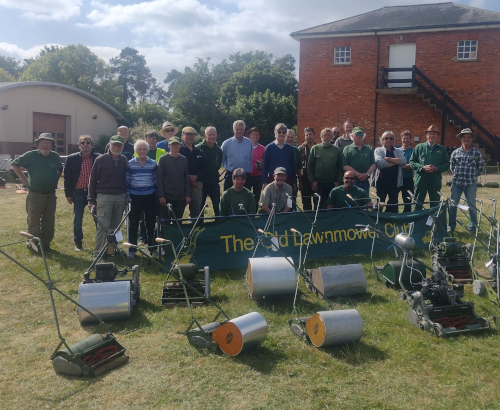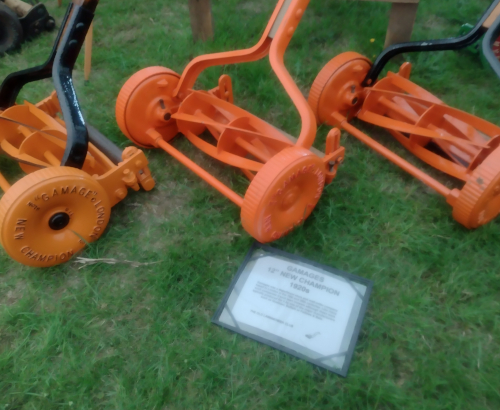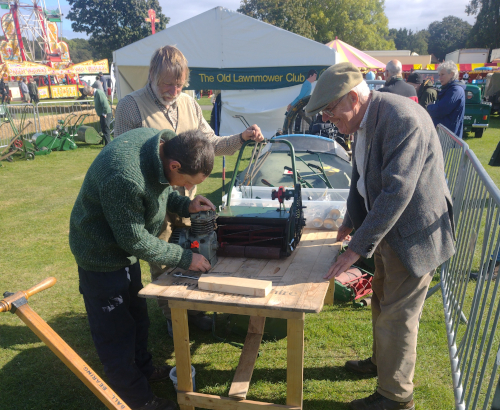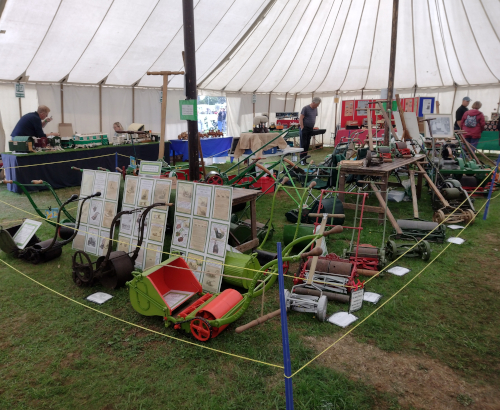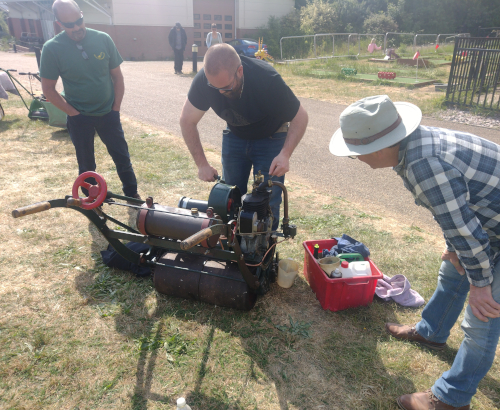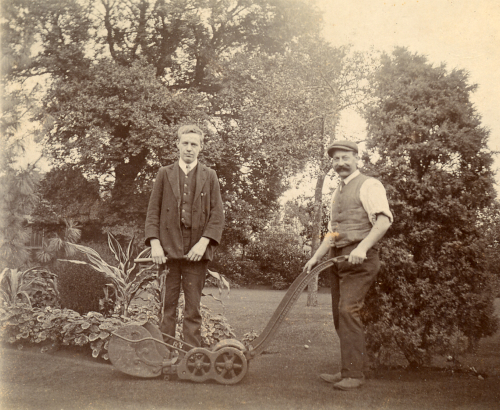Annual Rally Cancelled
olcadminThe Club's Annual Rally has been cancelled because of the ongoing SARS-Cov-2 Coronavirus emergency.
There are currently no plans to hold the event later in the year because it is not known when restrictions on travel, meetings and events will be lifted.
We intend to replicate some features of the rally on this website. Look out for some announcements soon.
Britmow Postponed
olcadminThe organisers of the Britmow event have announced that is has been postponed until 2021 because of the ongoing SARS-Cov-2 Coronavirus emergency.
We will continue to report on news from Britmow when the project restarts.
Collection, Preservation and Display of Old Lawn Mowers

